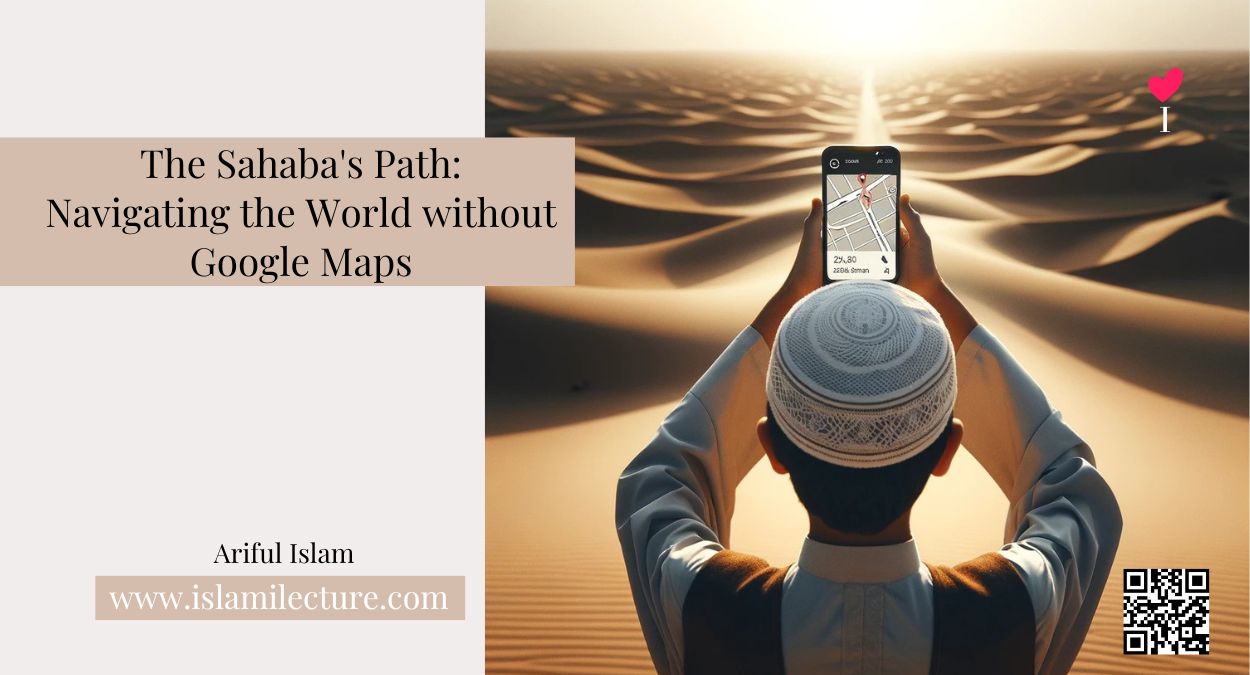In the era of the Sahabah (companions of the Prophet Muhammad), there were no Google Maps. If one got lost in the desert, how would he reach his destination?
Now, when traveling to unknown places, there is no need to worry about food and shelter. If you have money in your pocket, there are hotels and restaurants for food and accommodation.
In that era, people used to travel from one country to another. Months-long journeys. How much food could they carry for such a long time?
If they needed to use the restroom, what would they do?
If they ran out of food and water in the desert, there was no way to get relief from hunger and thirst!
In the reign of Umar ibn al-Khattab (may Allah be pleased with him), he solved almost all of these problems that travelers could face.
On the journey from Mecca to Medina, at various places, Umar ibn al-Khattab (may Allah be pleased with him) appointed people whose jobs were to guide lost individuals and caravans to their destinations. Even without Google Maps, problems were efficiently solved.
Travelers would get tired during their journeys. They needed rest, water, and restroom facilities. Umar ibn al-Khattab (may Allah be pleased with him) allowed the construction of hotels to address these issues. Additionally, wells were dug along the roads so that travelers could get water if they ran out.
In the city of Kufa, Umar ibn al-Khattab (may Allah be pleased with him) built guesthouses. Businessmen and students could come to these guesthouses for rest and food; everything was free!
After Umar ibn al-Khattab (may Allah be pleased with him), Uthman ibn Affan (may Allah be pleased with him) also built another guesthouse in Kufa.
During the era of the Rashidun Caliphs, if one looks at the social opportunities and the welfare of the people, it is evident why people loved this kind of leadership. Islamic governance did not only involve cutting off hands for theft or stoning for fornication.
To see the beauty of Islamic governance, one must observe the rule of the Rashidun Caliphs from every aspect.
REFERENCE: Maulana Moin ud Din Nadv, Siar-Us-Sahaba: 1/100-101

